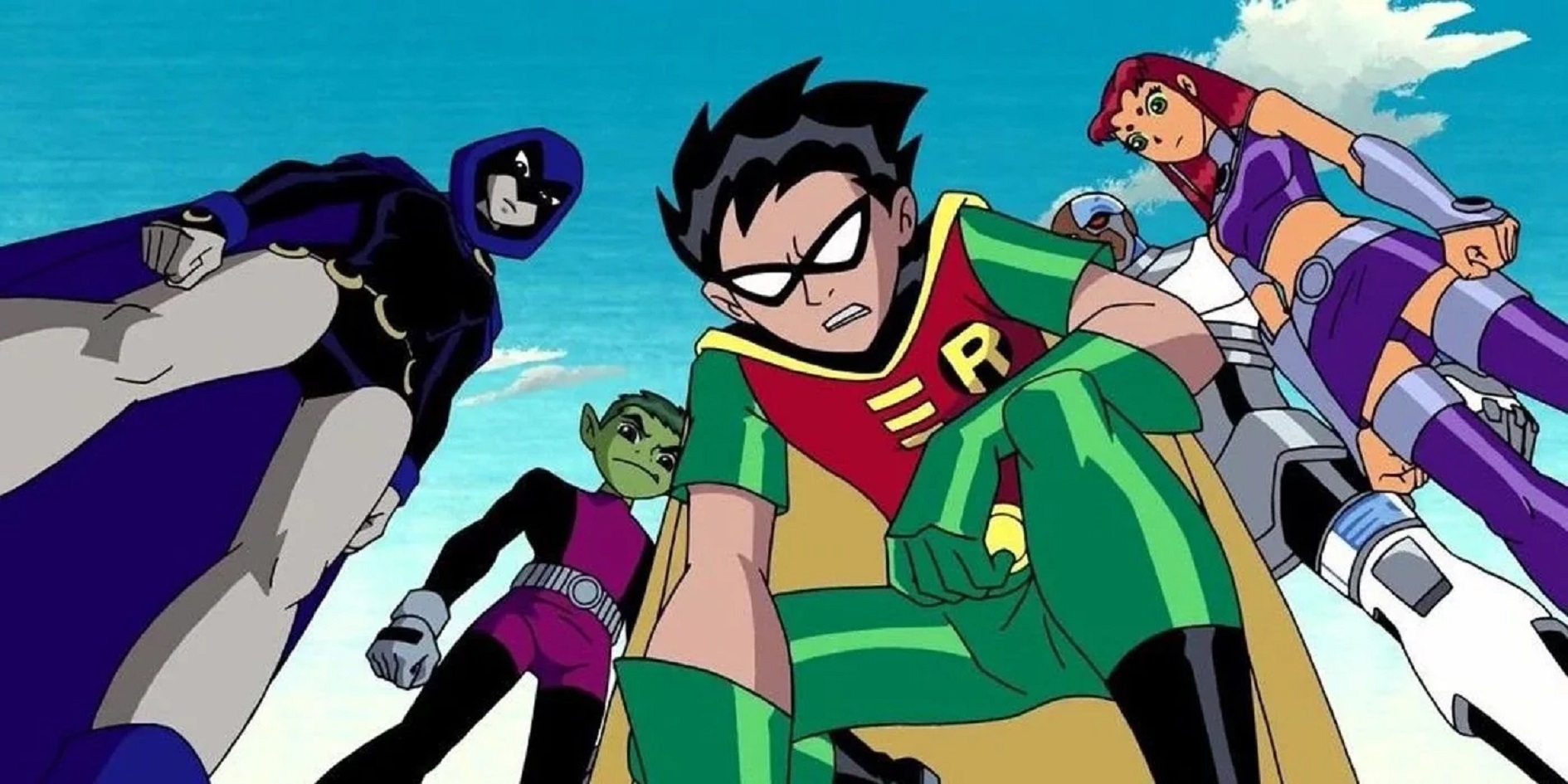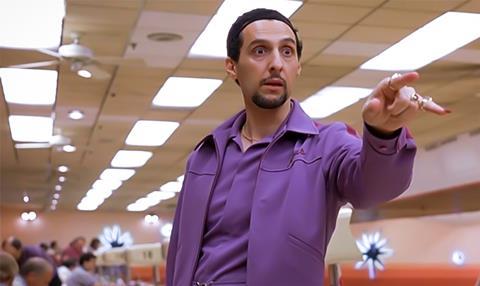Is it solely due to birth rate that some colleges are struggling, or is it also the cost of education being unaffordable/unappealing for more and more people? The birth rate slowing down definitely has advantages, at a certain point overpopulation is a real problem. A college having less prospective students is certainly a problem, though if some colleges are failing and others aren't, there could be other causes to blame, such as mismanagement. Overall, entertainment is cheaper than in decades past, but basic costs of living have skyrocketed, so I can definitely see how that would dampen the perception of the last couple decades. Although, if you go back even further to the late 1800s and early 1900s, you had things like Company Towns where conditions were also bad and the workers/citizens had little in the way of other options. Things are certainly better than they were then, although corporations are increasing their power and influence and wealth disparity only keeps increasing.
Is that butt rock notion really true? A lot of the rock that to me was very generic and forgettable in the 2000s, like Three Days Grace and Buckcherry, was probably liked by at least some people who were into that music then, or else it wouldn't have been as successful. I'm a huge fan of 90s rock, but for someone who doesn't like Alice in Chains or Pearl Jam, they're also not going to like bands that are derivative of that sound, which was everywhere that decade, or least until the late 90s. It's the same with 80s rock, I love hair metal but there were tons of bands trying to be the next Motley Crue or Poison. Someone who didn't like that music could look back on it in the 90s or 2000s as all being terrible. Certain stuff gets overplayed and pushed by radio stations and record labels, but that's nothing new. Getting into the 2000s, digital music took off, and later streaming services like Spotify; this dovetailing with the de-emphasis on music videos meant that things became more fragmented, and thus forgettable. You could say the same thing about TV shows. The series finale of M*A*S*H was allegedly viewed by 105 million people, which is insane. However, they also had far fewer options on what to watch or do for entertainment. Those kind of numbers just don't happen now outside of the Super Bowl, even something like Game of Thrones didn't have that kind of pull.
I'm definitely not going to argue with that, but people are still going to see these movies. Remakes, endless sequels and rehashes are still a part of culture, even if I dislike them. Again, nothing new, the Brendan Fraser Mummy movie from 1999 was a remake after all. There's just wayyyy more of them now. It felt like there was more room for independent and visionary movies for a while, when they were being greenlit left and right by streaming services to add content. Now that things are being canceled and removed left and right from Netflix or Disney+ for tax breaks, it does feel a lot more grim creativity-wise.
I agree, incremental growth isn't as noticeable. Technology has felt stagnant by comparison if you look at the evolution of common products and computer technology between 1965-1995 and 1995-2025. Hmm, if we go off of major influential events then, like Nirvana's first album changing the music landscape, what else is there in the last 25 years besides 9/11 and the Covid Pandemic that is particularly noteworthy? Maybe the release of the iPhone in 2007? It's a big deal in retrospect, although it was just an improved iteration of earlier phones like the Blackberry. Perhaps YouTube launching in 2005? It's tough to think of things that affect almost everyone because things are so fragmented now. TikTok launching? I abhor it, but it's everywhere now, shaping trends and dictacting discourse, and has been for at least the last five years. It feels like the things that have shaped society the most are more subtle, such as the algorithms that control what people are presented with when they make an internet search or log into a social media site. After all, that's what is so coveted about TikTok apparently is the algorithm they have. Propaganda and advertising have been ever-present in human society, but it feels insidious how much they are woven into every facet of media nowadays.
The cost of college is getting more and more unappealing, but let's be frank here: people will gladly f*** themselves for a chance of hope. Most don't want to go into the literal backbreaking trades or do working class work like construction; even less want to go into the underpaying service sector. There's not much else to choose from aside from fantasies of "influencer" money that is statistically hard to get. And to even have those people, they need to be born, which is just not happening as much now.
Overpopulation is a myth. Malthusian disaster theory has long been debunked, and all sociological and economic studies show underpopulation as the real threat. No fully developed country is replacing any more (with the exception of the US, but only due to high immigration from high reproducing nations). And some, like South Korea, are rapidly spiraling towards an ever worsening birth crisis, with other developed countries doing basically the same at a slower rate.
There's a number of factors beyond QoL to consider. High cost of living is one, but also high demand for better living based on modern concepts of it (all the technology, safety, and other modern considerations), which themselves cost more. And there's also the decline of traditional beliefs: less willingness to risk having kids in bad times, less religious influence to do so, less social pressure, and so on. And most importantly, we don't
need kids anymore for farmhands and other financial gains; they are just expensive burdens on a practical level now. They now only serve emotional needs, which we can get elsewhere, and macroeconomic purposes, which almost no one gets pregnant for.
Music in the 00s went downhill because there was nothing pushing it forward. The synthesizer was normalized and perfected while simultaneously looked down on as "inauthentic" for a while. Guitars had nothing new after the distortion pedal. All those new genres of the 90s did everything you could with the technology available. And after that, there wasn't anything else developed but some robot anime girl that could theoretically take your singing job. What we ended up getting was derivative stuff that imitated what came before in a radio-friendly but sluggy way.
Yes, there was music in the 80s and 90s that some people didn't like. But those bands were side by side with others doing a range of things. Don't like hair metal in the 80s? You've got synth pop, new wave (punk derived version), hardcore punk, pop punk, post-punk, college rock, new wave of British metal, alternative dance, hip-hop, new jack swing, and a lot more genres. Don't like grunge inthe 90s? A flood of new and emerging rock genres was available side by side with multiple innovations in hip-hop. Yes, music fragmented in the 00s, but also, the mainstream still dominated, and it didn't promote the best as often as the most willing to be servile to the labels concerns for "radio friendly unit shifters" (songs that will more likely be one and done hits rather than all time greats). And those bands weren't often the most talented.
Yes, like you said, remakes aren't; neither are sequels or franchises. But that's most of what Hollywood will invest in now; the rest is low-budget-high-earners (always horror films, as they attract the only fan base that's, err,
generous enough to watch anything) and near none of it is mid-budget films, which were the lifeblood of the industry in the preceding decades. And yes, streaming has the potential to make it work better, but they are very budget obsessed, and they ditch literally anything that begins to cost more. (See Netflix cancelling any show not called
Stranger Things that gets to 3 seasons to stop union rules from requiring them to pay cast and crew more on season 4.)
I think you are getting at the problem with using the cultural events we have now: we're not as proud of them as the past ones. The iPhone, YouTube, TikTok, etc are all soulless corporate products. They aren't artistic achievements, and they are all derivative on something else. They are also monopolized, which further makes them unlikable. And like I said, people are having trouble finding a work of art that truly represents the current time when most "art" is just a reproduction of a previous one.





